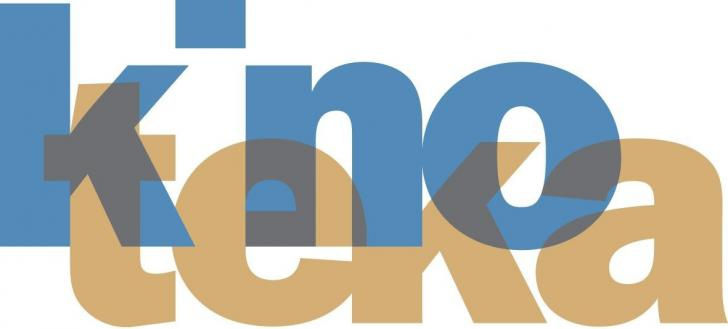Karpo Godina: When Freedom Went Overboard
For Karpo Godina, shooting commercials was just a short chapter on his star-making journey. But he left his mark. Not only with the legendary driverless Zastava 101 and the cellist on the beach, or with the first real 35-mm colour film spot for Toper Sportswear, but also with his influence on other filmmakers and the whole marketing scene, which has become increasingly professionalised as a result.
»It was not long before the barely understood and controllable freedom went overboard. Even for the cinephile Broz. The Black Wave was a designation for the supposedly ungrateful and destructive artists who abused socialist freedom and ended up on the blacklist. Nothing happened to any of them; they just no longer got any film work. Karpo included.
Doing his military service in the Srečko Kosovel barracks in Ajdovščina, Karpo Aćimović Godina marched together with Jaka Judnič, a graphic designer, painter, drawer and animator, whose mother sent his job application to the newly founded advertising agency Studio za marketing in propagando Delo, where he soon became the first person responsible for the production of commercials. With Miki Muster’s animated cartoons and predominantly non-professional black-and-white ads on semi-amateur 16-mm format, TV commercials were the alpha and omega of Slovenian advertising production. In Slovenia, we took no notice of the Belgrade blacklist and Jaka asked his military companion Karpo for help. It was winter and Karpo managed, practically by himself, with only a few skiers, models and Lado Leskovar, to shoot, on Rogla, the first proper 35-mm colour film commercial for Toper Sportswear. There was no big story behind it, but the image was magnificent. A journalist at Dnevnik accused Delo’s 'Hollywooders', as they were badmouthed, of showing beautiful, joyous and attractive American youth in the commercial, thus actually promoting their culture. 'If beautiful, joyous and attractive young people are an image of American culture, then what are the young in socialism like according to Dnevnik,' responded Mitja Gorjup, the then editor of Delo, bitingly. At the first Yugoslav festival of commercial communication in Portorož, the president of the jury, the Oscar winner Dušan Vukotić, presented Karpo with the first prize...« wrote Jure Apih in the exhibiton text.
The exhibition at Galerija Fotografija, created in collaboration with the Slovenian Cinematheque, is accompanied by the first original Slovenian monograph dedicated to the artist's oeuvre. In addition to a catalogue of Godina's photographs and stills from his films, accompanied by a reflection of the two curators of the exhibition at the Slovenian Cinematheque, Matevž Jerman and Kristina Ravnikar, the volume also includes texts by a number of authors (Jurij Meden, Marcel Štefančič, Jr, Vladimir Šojat, Majda Širca, Jure Apih and Ženja Leiler Kos), who, from different perspectives, outline Karpo both as a person and as a multifaceted filmmaker. We also get to know Godina through extensive interviews and memoirs by his friends, Želimir Žilnik, Rade Šerbedžija and Rajko Grlić.
The exhibition, which we prepared in collaboration with Studio marketing, is part of a joint project with the Slovenian Cinematheque presenting Karpo Godina's oeuvre.


We also thank the company Imagine for their support at publishing Karpo Godina's monograph.




